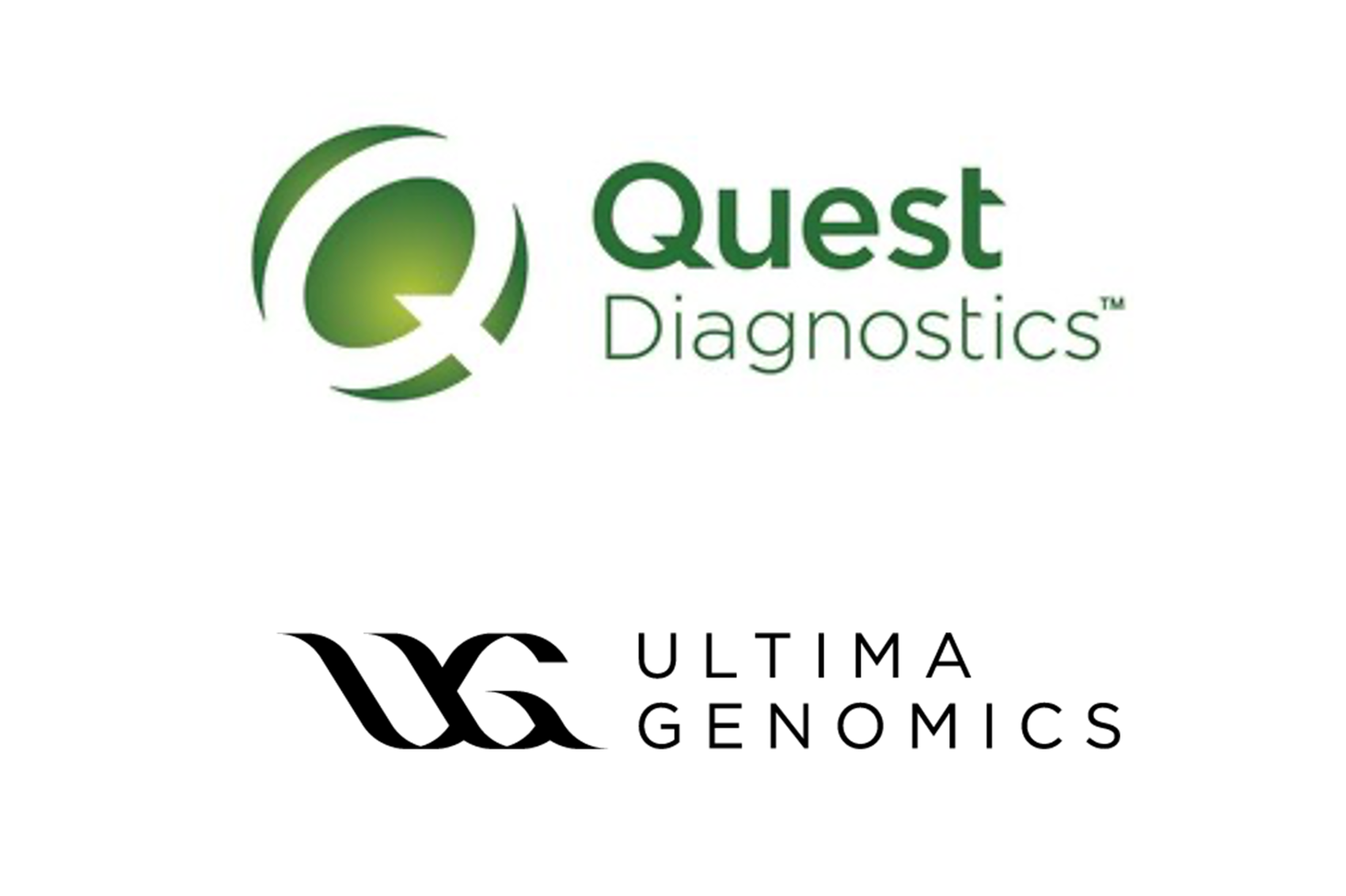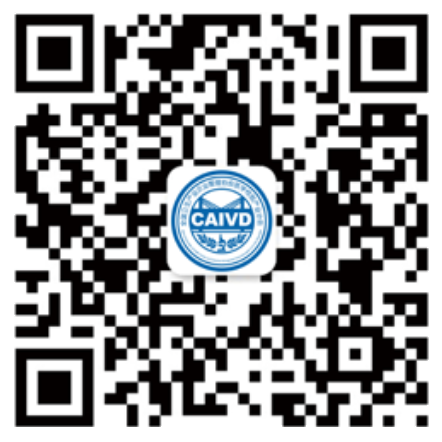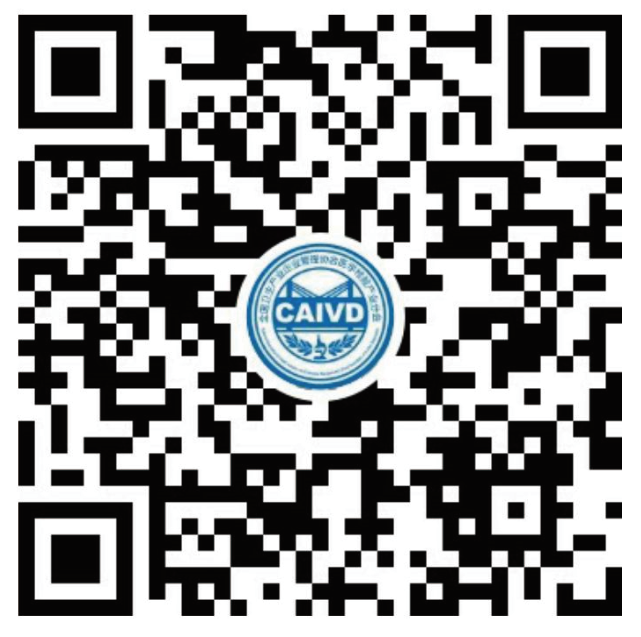
Quest Diagnostics and Ultima Collaborate to Scale Ultima¡¯s Technology in Fast-Growing Minimal Residual Disease and Whole Genome Sequencing
2024/1/16 10:36:22 Views£º1467
Original from: Quest Diagnostics
Ultima Genomics, a developer of a revolutionary new ultra-high throughput sequencing architecture, and Quest Diagnostics (NYSE: DGX), the nation¡¯s leading provider of diagnostic information services, today announced a collaboration involving Ultima¡¯s next generation sequencing (NGS) technology in oncology and other clinical areas.
The collaboration aims to improve patient access, affordability and outcomes by broadening the use of highly accurate, cost-efficient and high-volume whole genome sequencing for fast-growth areas, such as solid-tumor minimal residual disease (MRD) testing. Quest intends to deploy the Ultima technology for the possible development of lab-developed tests involving its Haystack solid-tumor MRD™ technology for future clinical and biopharmaceutical MRD applications, supplementing its current whole exome sequencing approach, as well as for certain future whole genome testing applications, such as rare disease detection in pediatric patients.
Ultima recently unveiled its platform technology, a new sequencing architecture that supports sequencing an entire genome for $100. At an event in December 2023, the Company previewed its first commercial system to use this new architecture, the UG 100™ System, to a group of leaders across the genomics field. In addition to lower costs, the technology is also unique for its high sensitivity for detecting rare cancer-related gene variants, particularly changes in DNA base pairs called single nucleotide variants (SNVs).
The collaboration will leverage Quest's expertise and scale in oncology, genomics and pathology and national scale in tumor biopsy and blood specimen collection. Quest provides comprehensive oncology services, spanning genetic risk assessment, cancer diagnostics and treatment monitoring, to marquee health systems and other providers in the United States. The company¡¯s approximately 400 AmeriPath pathologists provide tumor biopsy diagnostic services while its 7,000 patient access sites nationwide provide blood draws.
¡°We are delighted to collaborate with the world¡¯s leading diagnostics information services provider to deploy our technology toward lab-developed tests for applications benefiting from insights from whole genome sequencing,¡± said Gilad Almogy, Ultima Genomics CEO. ¡°Ultima¡¯s technology was designed for applications requiring greater sequencing depth, breadth, or frequency and both MRD testing and whole genome sequencing are premier examples of these. Our unique advantages in SNV detection, combined with greater sequencing depth at lower cost can be transformational for oncology applications and MRD, as well as for cell-free DNA applications and applications with challenging samples. The collaboration with Quest emphasizes our focus on enabling the leading organizations that will help us scale our technology and, most importantly, benefit patients and providers.¡±
¡°Quest¡¯s strategy is to deliver solutions to meet the evolving needs of our key customers: physicians, health systems and consumers. One way we do that is by innovating solutions that combine our strengths with those of tech pioneers, such as Ultima, that are setting new industry standards,¡± said Mark Gardner, Senior Vice President, Molecular Genomics and Oncology at Quest Diagnostics. ¡°By radically driving sequencing costs down, Ultima has changed the economics of genomics so that other costs in the testing value chain become critically important. And that¡¯s where Quest¡¯s strengths come in: With our scale in solid tumor and blood testing, we can drive costs down even further while also increasing access, so more people can benefit from the clinically rich insights of whole genome sequencing.¡±
In 2014, it became possible to sequence a human genome in its entirety for $1,000. While technology improvements have occurred since then, the costs of sequencing have remained elevated for much of the last decade. As a result, whole genome sequencing is typically used for rare disease and some oncology testing, but less available for applications targeting large populations. The Ultima technology was created from the ¡°ground-up¡± to overcome this challenge while also enhancing accuracy, productivity, and flexibility for high-volume applications. With innovations that include an open wafer to replace a traditional flow cell, built-in technology to enable highly accurate SNV detection, as well as machine learning to drive continuous improvement in sequencing data quality, Ultima¡¯s UG 100TM sequencer offers unique benefits for many high-volume applications.
In 2023, 1,958,310 new cancer cases and 609,820 cancer deaths are projected to occur in the U.S. Most cancers are due to solid tumors, such as colorectal, breast, skin and lung cancer. While treatment typically combines surgical tumor removal and adjuvant chemo- or immune therapy, tiny cancer molecules can persist, triggering cancer recurrence.

- CAIVD WeChat
Subscription Account

- CAIVD WeChat
Channels
China Association of In-vitro Diagnostics
Part of the information in our website is from the internet.
If by any chance it violates your rights, please contact us.

